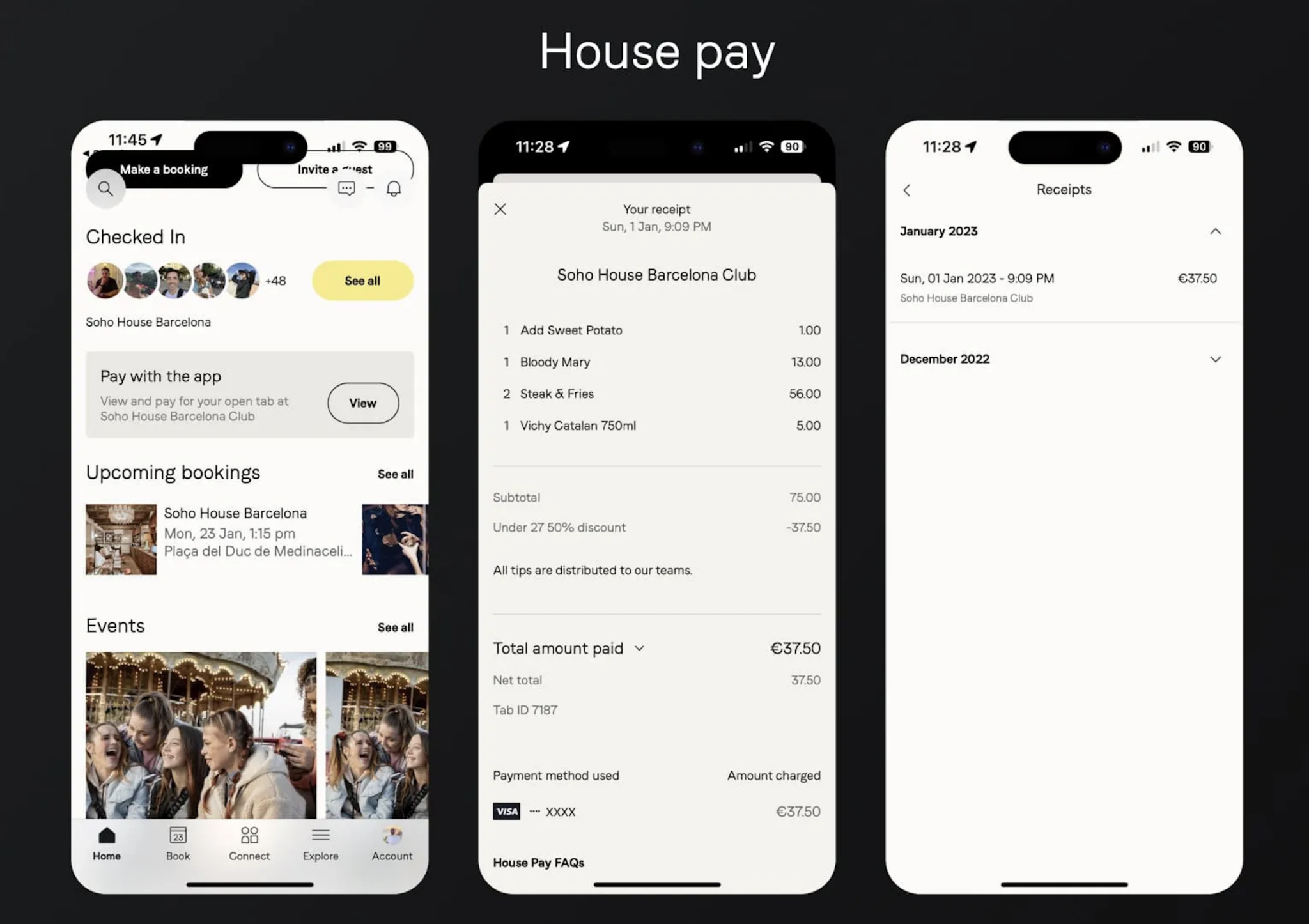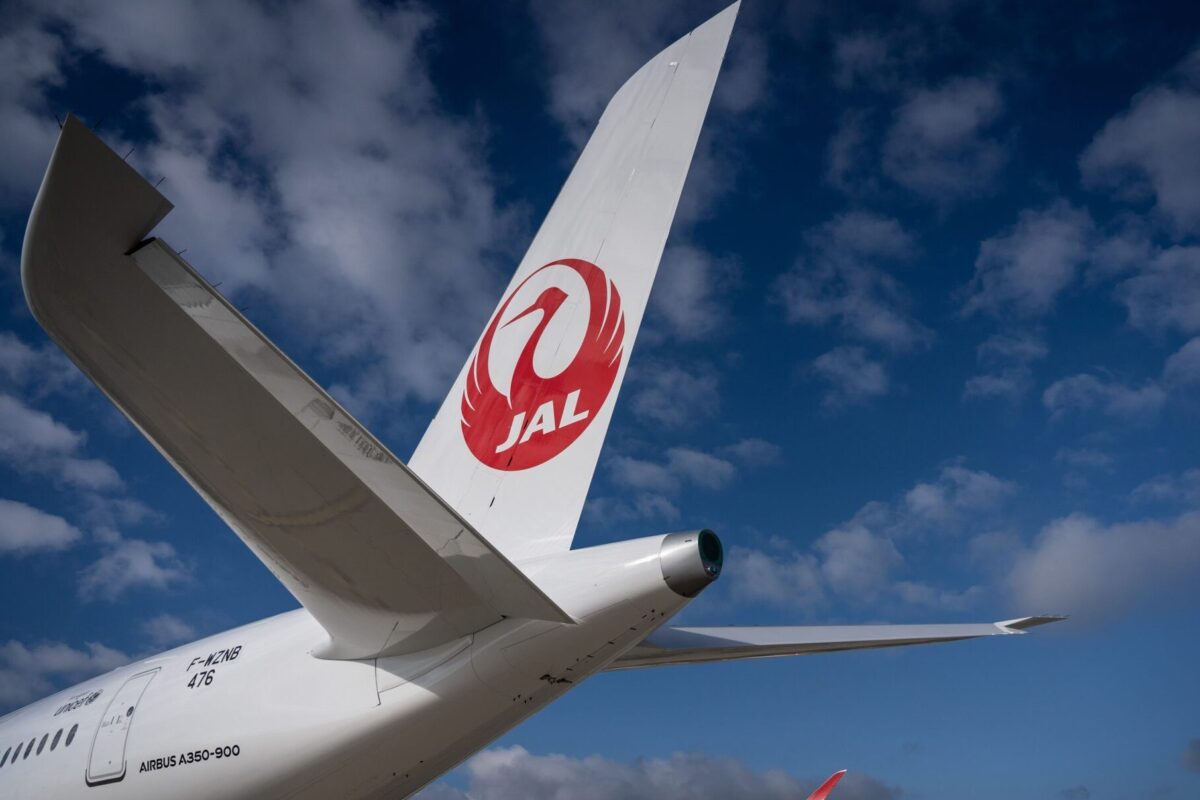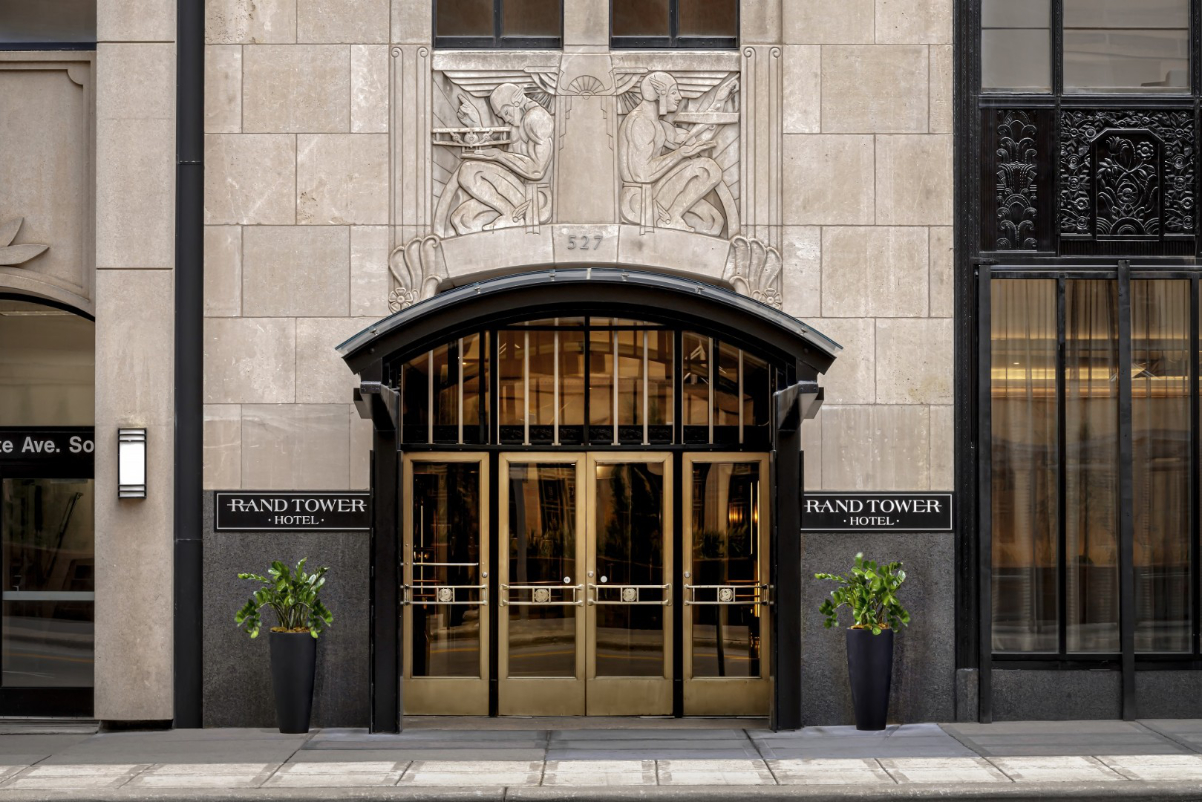Gym Chains Want to Expand Beyond Fitness

Skift Take
Making a remark about a workout fiend “living at the gym” used to be a joke. Now, it’s becoming a real option, as upscale gym brand Life Time plans to launch Life Time Living residences in 2020 in Miami, Las Vegas, and Dallas.
Of course, all residents of the company’s properties will have access to its in-house gyms, as well as other Life Time Fitness locations when traveling. The company is also mindful of which eateries go into their complexes or are located nearby, so residents will have plenty of healthy options within walking distance.
Life Time has already expanded from only operating athletic clubs to managing fitness-oriented co-working spaces, so getting into full-on real estate seems like a logical move, especially since competitor Equinox recently opened its first hotel.
As the wellness movement gains momentum, it’s smart for fitness-focused companies to broaden their appeal and become fully fledged lifestyle businesses. Doing so means they can capitalize on more than just one segment of the wellness pie.
Speaking of lifestyle, New Zealand is making progress on improving the wellness of its residents. The progressive country is among the first to consider “well-being” as a measure of its citizens’ success, rather than the traditional “gross domestic product” measure. Its initiatives will likely set a standard for countries looking to think outside of the box on economics.
Whether you’re a company or a country, making wellness a priority is, we think, a solid decision.
For feedback or news tips, reach out via email at [email protected] or tweet me @lesliebarrie.
— Leslie Barrie, Wellness Editor
Fitness

Luxury Gym Chain Life Time Fitness Plans to Launch Residences: In our 2019 Wellness Megatrends, we wrote about the upscale athletic club Life Time Fitness’ expansion into co-working spaces. Well, now the wellness company is taking it a step further with plans to open luxury residences in Las Vegas, Dallas, and Miami in 2020 — each will, of course, feature fitness clubs on-site or adjacent. The move shows that the company is attuned to the growing demands of the wellness set. Read more here.
Peloton Cycles Its Way to an Official IPO: A few weeks ago, we looked at how startups in the wellness space are replicating Peloton’s highly lucrative business model. Fast forward and this week, the on-demand fitness company officially announced plans to go public. Peloton has not yet determined how many shares would be sold or what the price range will be, but the company was most recently valued at $4.15 billion in August 2018. Rumors about an upcoming IPO have been buzzing for a while now, so the news isn’t exactly surprising — but we’re looking forward to seeing how this plays out for the brand. Read more here.
Food & Drink
Sparkling Water Competitors Take a Gulp Out of LaCroix’s Profits: Last October wasn’t a good month for seltzer brand LaCroix. Not only did it face a lawsuit alleging that its flavoring wasn’t actually “all natural,” despite marketing claims, but the suit damaged the brand’s reputation as rival sparkling water companies gained market share. Now LaCroix is confronting the fallout. In the past 12 weeks, sales are down 9.4 percent, and we predict further erosion in the future as customers turn to bubbly alternatives. Read more here.
Athleisure
New Balance Experiments With Avatars to Attract Next-Gen Fans: Goodbye millennials. Hello Gen-Z. Athleisure brand New Balance is looking to market to an even younger bracket by meeting the customers where they are: on their phones. New Balance teamed up with Genies, a startup that designs avatars, to let shoppers outfit their personal avatars in New Balance gear and send the result to friends on Instagram, Snapchat, and the like. No matter how silly it sounds, it could be the future of marketing. Read more here.
Mind & Body
New Zealand to Build Its Budget Around Wellness: It’s one thing for a company to put more money into its employee wellness policies, but it’s another thing for an entire country to do so for residents. New Zealand, though, is putting wellness at the top of its priority list, requiring new spending to go toward improving mental health, reducing childhood poverty, and supporting its citizens in the digital age. The country is making a statement that it’s in touch with what society wants — a move that could even boost tourism. Read more here.
Beauty & Spa
Six Senses to Build Its Own Brand Within IHG: Following InterContinental Hotels Group’s (IHG) acquisition of Six Senses Hotels Resorts Spas earlier this year, you might have expected that the spas would start popping up in all of IHG’s properties, including Kimpton, Regent, and InterContinental hotels. But the Six Senses CEO wants to make sure his wellness-focused hotel brand retains its identity. Instead, Raison d’Etre, a spa consulting company also included in the Six Senses acquisition, will probably help develop unique spa concepts for IHG’s other properties. Read more here.
Skift Wellness Editor Leslie Barrie [[email protected]] curates the Skift Wellness newsletter. Skift emails the newsletter every Thursday.





